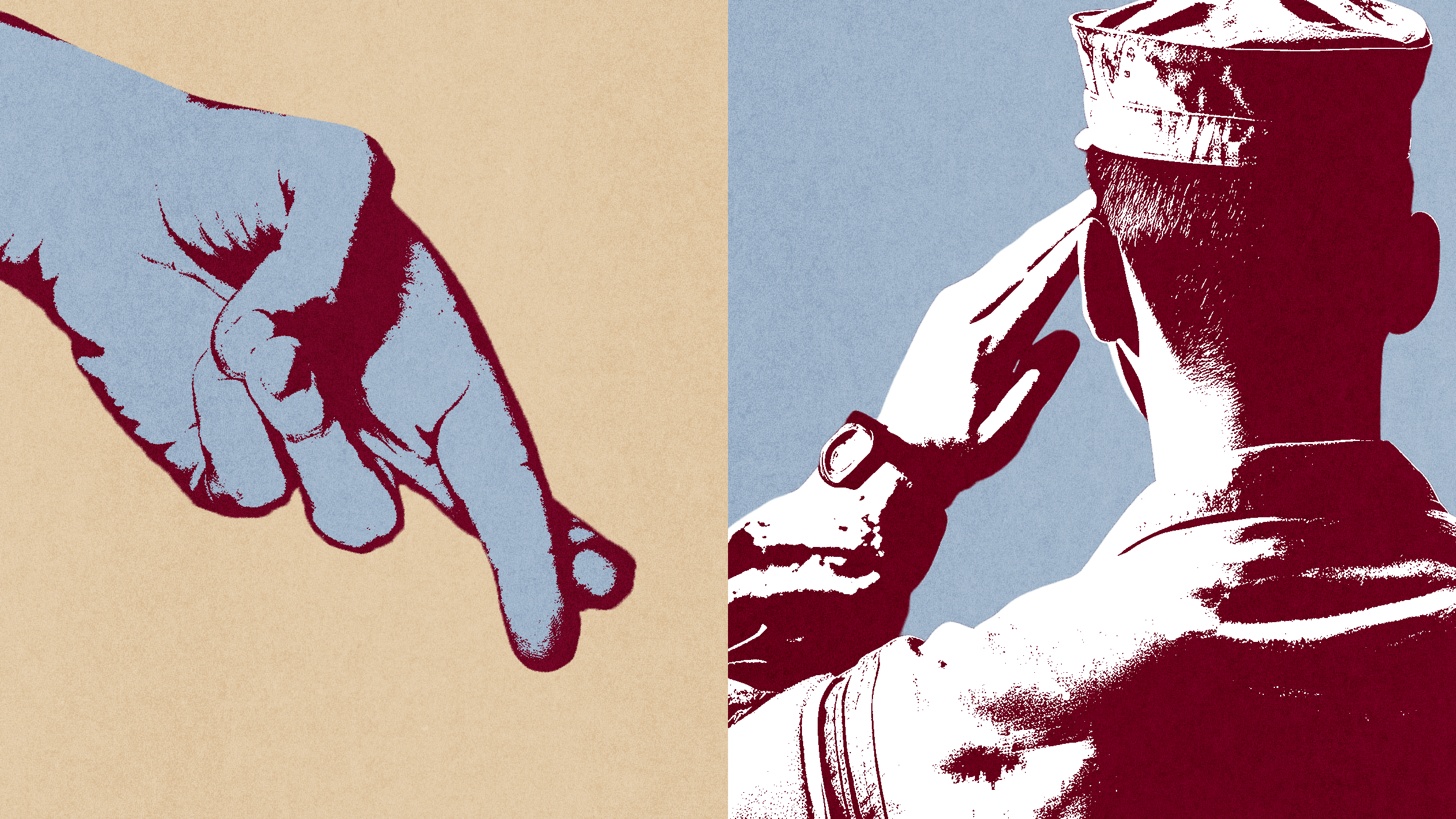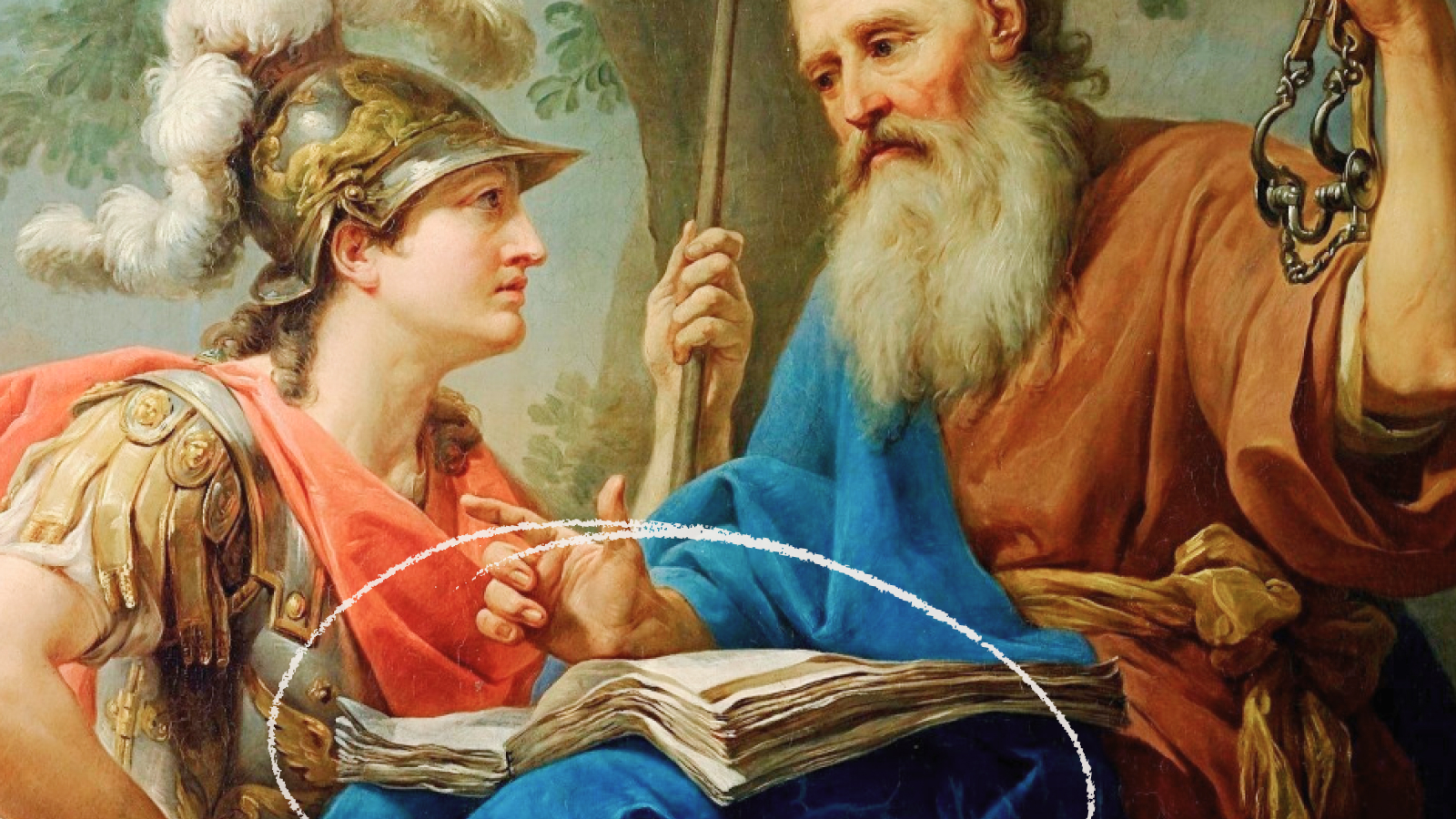For 40 years academics were duped into idolizing the idea of unfettered markets, says Cornel West, and now our society is paying a terrible price.
Question: Why are we no longer concerned with the working class?
Cornel West: I think one was, there was an idolizing of unfettered markets. And much if not most of the intelligentsia were duped. I recall traveling with my dear brother Michael Harrington and talking with brother Stanley Aronowitz years ago. And you know, here we're engaged in critiques of unfettered markets, and it looked as if we were medieval thinkers. Everybody was saying, we're followers of Milton Friedman. Everybody was saying Frederick Hayak got it right. Everybody was saying marketize, commercialize, commodify, and we were still reading Lukasch. And Lukasch was saying commodification is not simply an asymmetric relation of power, of bosses vis-à-vis workers, so workers are being more and more marginalized. Profits are being produced, wealth is being produced, hemorrhaged at the top, no fair distribution of that wealth or profit for workers. Poor are being demonized because they are viewed as those persons who are irresponsible, who will not work, who are always looking for welfare; i.e., failures in the society of success. And we reached a brink, and the chickens came home to roost. And a few years ago the unfettered markets led us off and over the brink.
And all of a sudden, very few intellectuals want to be honest and acknowledge the greed with which they were duped. Don't want to talk about the inequality that went along with it. Don't want to talk about the demonization of the poor that went along with it. Don't want to talk about the politics of fear that produced a Republican Party that was more and more lily-white, using not just race but also demonizing gay brothers and lesbian sisters, you see. Don't want to talk about the indifference toward the poor, and greed being good and desirable and so forth. Now is a very different moment, and it's not, you know, just about pointing fingers, but saying somebody's got to take responsibility. This was a nearly 40-year run. Who paid the cost? As is usually the case, you know, poor working people paid the cost, disproportionately black and brown and red, you see.
Question: Is this changing in the age of Obama?
Cornel West: So in the age of Obama, we say, okay, can we have a different kind of discussion? And that's what we're trying to do, but of course you've got two wars going on; you've got still Wall Street in the driver's seat in the Obama administration when it comes to the economic team, you see. And you've got very -- you know, I think in some ways unimaginative thinking when it comes to foreign policy, be it the Middle East or be it European Union or be it Latin America, you know, calling Chavez a dictator; the man's been elected! If he's calling into question rights and liberties, criticize him as a democratic president. We did the same thing for Bush. Bush was calling into question rights and liberties; we didn't call him a dictator. We said he's a democratically elected president who's doing the wrong thing. Chavez ought to be criticized. He's not a dictator; the man's been elected.
But it's that kind of demonizing that obscures and obfuscates the kind of issues that are necessary, because Chavez is also talking about poor people. So of course I want libertarian and democratic sides. I want right and liberties and empowerment of poor people. But talking about poor people is not a joke; it's crucial, it's part and parcel of the future of any serious democratic project. The fundamental question of any democracy is, what is the relation between public interest and the most vulnerable? That's the question, you see. That is the question. The test of your rule of law is going to be, how are the most vulnerable being treated? It's not whether the torturers are getting off; we know the torturers don't have the rule of law applied to them. The wiretappers, they're getting off scot-free. What about Jamal with the crack bag? Take him to jail for seven years. Oh -- so you've got a different rule of law when it comes to Jamal on the corner versus your torturers and your wiretappers? Torture is a crime against humanity; it's not just illegal. Wiretapping is illegal, you see. Now, it's not a crime against humanity, because I mean, I'm sure I've had my phone tapped for years. I don't think they committed a crime against humanity; they just ought to quit doing it God dangit.
Question: How can we strengthen the demos?
Cornel West: Well, you -- I think you keep in mind -- I mean, the demos is always a heterogeneous, diverse -- got a lot of xenophobic elements among the demos -- a lot of ignorance, a lot of parochialism. You also have a lot of cosmopolitanism, a lot of globalism, a lot of courage, moral courage. So the demos is not one thing. But when it comes to the ability of the demos to organize, mobilize and bring power and pressure to bear, we certainly are in a crisis; our system is broken. We've got seventy one percent of the people who want universal health care, and you can barely get through a reform bill with a weak public option. It's clear lobbyists from the top, pharmaceutical companies, drug companies have tremendous influence, much more than the demos from below, you see. So that those preferences don't get translated easily because our politicians are beholden to that big money and that big influence. But I mean the demos is still around, thank God. You've got your own institution. Dialog -- dialog is the lifeblood of a democracy. You've got to allow ideas to flow. You have to expose people to different visions, alternative arguments and so on, to try to keep the torch of the progressive demos alive. But it's very difficult to organize it. Complacency is deep; apathy is deep; people are wondering how can you confront, you know, big finance, big government tied to big finance, when all you've got is these little people, who are willing to talk and so forth, but have tremendous power bringing serious pressure to bear. We can march; you know, we marched against the war by the millions. We were ignored by the Bush administration. Some of us went to jail. We were ignored; we couldn't translate into foreign policy. That happens sometimes. It was **** Vietnam.
Recorded on: November 3, 2009






